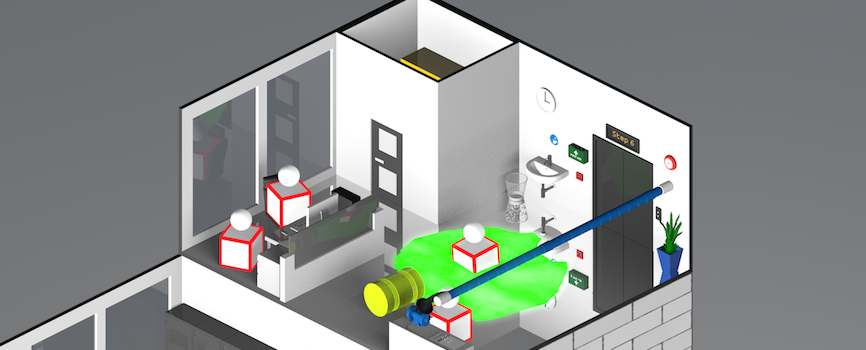Addressing prejudice of disabilities in our Safeguarding Children course
Posted 5 years ago
What happened?
We made a mistake.
In our Safeguarding Children course we included content which perpetuated prejudice against people with disabilities and we are genuinely sorry for this. One of our course slides made reference to deaf or blind parents and carers and one of our test questions did the same. The information contained within these parts of the course we accept was wrong and they have now been removed from the course.
How did this happen?
We made a mistake and we’re mortified to admit that our review process failed to pick this up.
What’s changing moving forwards?
We will conduct a fresh review of this course and of our general review procedures going forward. We will provide a clear summary here of any further changes that we’ll be making. Clients who have already purchased our Safeguarding Children course will receive any updates at no cost.
One of our core values is to seek constant improvement and so a failing like this on our part is a chance for us to learn, reflect on how we do things and make a positive change for the future.
We are sorry for the harm we have caused and we are grateful for the sincere and candid input that we’ve received.
Update: 09/03/20
I would like to take a moment to address our clients and anyone who was personally affected by an inaccurate and harmful statement and test question that was in a section of our Safeguarding Children course; and to highlight the changes that have taken place this month.
First and foremost, and as we have already stated, it was a mistake and it’s something that should never have made it into the final product.
With reference to the original bit of content, it was taken from ‘Standard 11: Safeguarding Children’ from The Care Certificate Workbook created by Skills for Care. A collection of courses within our training library have been created to help those who work in health and social care as they obtain their Care Certificate qualification with their employers – therefore we included all of the content from their Standard 11 publication in our Safeguarding Children course, in order to offer the information to our clients.
We also had a test question on this subject at the end of our course and even though we appreciate all of the content therein was wrong – it was our incorrect answer options that were written thoughtlessly and caused a lot of harm. Our review process failed to pick this up. As with virtually all of our multiple-choice questions, we include what we consider obviously WRONG answer options but that is clearly no excuse, and we completely understand why they caused offence. The question, and the wrong answers, had nothing to do with Skills for Care – these were entirely our mistake.
The grave mistake we made was in not questioning the content that was prejudiced, inaccurate and harmful. And for this, we are truly sorry. We love our work and our team takes great pride in offering accurate, informative and important information to our clients – which is why we are mortified by what has happened.
I want to offer my assurances that since the moment it was brought to our attention, we have done everything in our power to rectify the situation.
The content in question was immediately removed from our course. We do have thorough review processes that have worked successfully for years with our library of training courses, but we hold our hands up to the fact that those processes failed to pick this up. As a result, we’ve reviewed the processes themselves and have made them even stricter. We have a broader range of employees reviewing the courses and test questions before we publish and we are also working our way back through our other courses to ensure that there is no inaccurate or insensitive content to be found.
We have organised awareness training for our management team and members of our production department to help ensure that such mistakes aren’t repeated. This training will be provided by the Royal Association for Deaf people (RAD) – who reached out when they saw the social media comments in an effort to support our ongoing improvement. We will continue to work with RAD in order to get this right.
We are also in direct contact with Skills for Care, which is where the content was originally sourced from. As a result of our conversations, they have permanently removed the content from their “Standard 11: Safeguarding Children” document from the Care Certificate Workbook, and they are currently rewriting it before republishing.
I have to say, that as a collective and as individuals, our team has learned a great deal from this experience and it has inspired a change in how we do things.
We always have the very best intentions and are here to help keep our clients stay healthy and safe, and we will always strive to do so.
Related articles



Opt-in to our newsletter
Receive industry news & offers